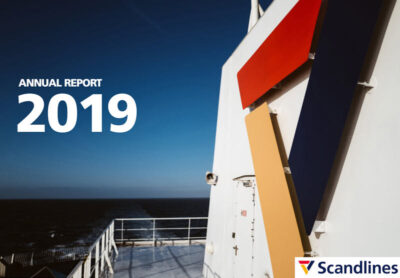Organisation Danish Shipping (Danske Rederier) has calculated that the total number of passengers for Scandlines, Fjord Line, ForSea and DFDS in June, July and August has largely been halved compared to the same period last year.
“The bad summer comes on top of a lost spring, and it would be naive to think that Danes, Germans, Swedes or Norwegians will start traveling as usual in the coming months. The situation at the borders is completely unpredictable, so the shipping companies are facing some challenging months, ”says Jacob K. Clasen, Deputy CEO.
At Scandlines, CEO Søren Poulsgaard Jensen believes that it is the border closure in particular that caused an impact.
Like other Danish ferry companies, Scandlines has used the government’s help packages to send employees home for salary compensation and help to cover fixed expenses. But the bad summer will still cost jobs in the shipping company, says Søren Poulsgaard Jensen to Søfart.














